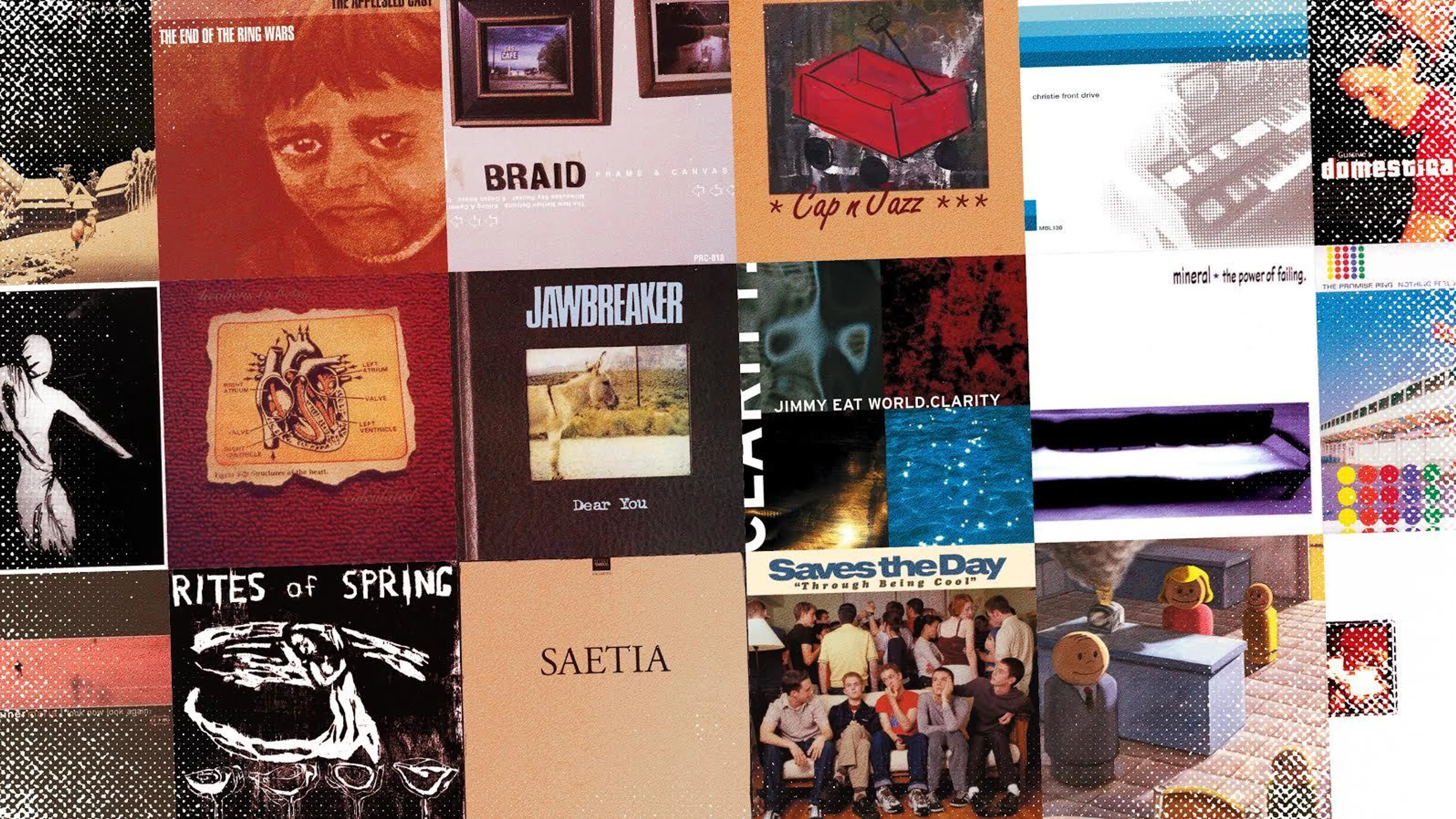News
The Look Outside Your Window album will be released for Record Store Day 2026
Clown promised it was coming this year, and now it’s official! The Record Store Day 2026 releases have been unveiled, and Look Outside Your Window – featuring four members of Slipknot – is on the stacked list…
